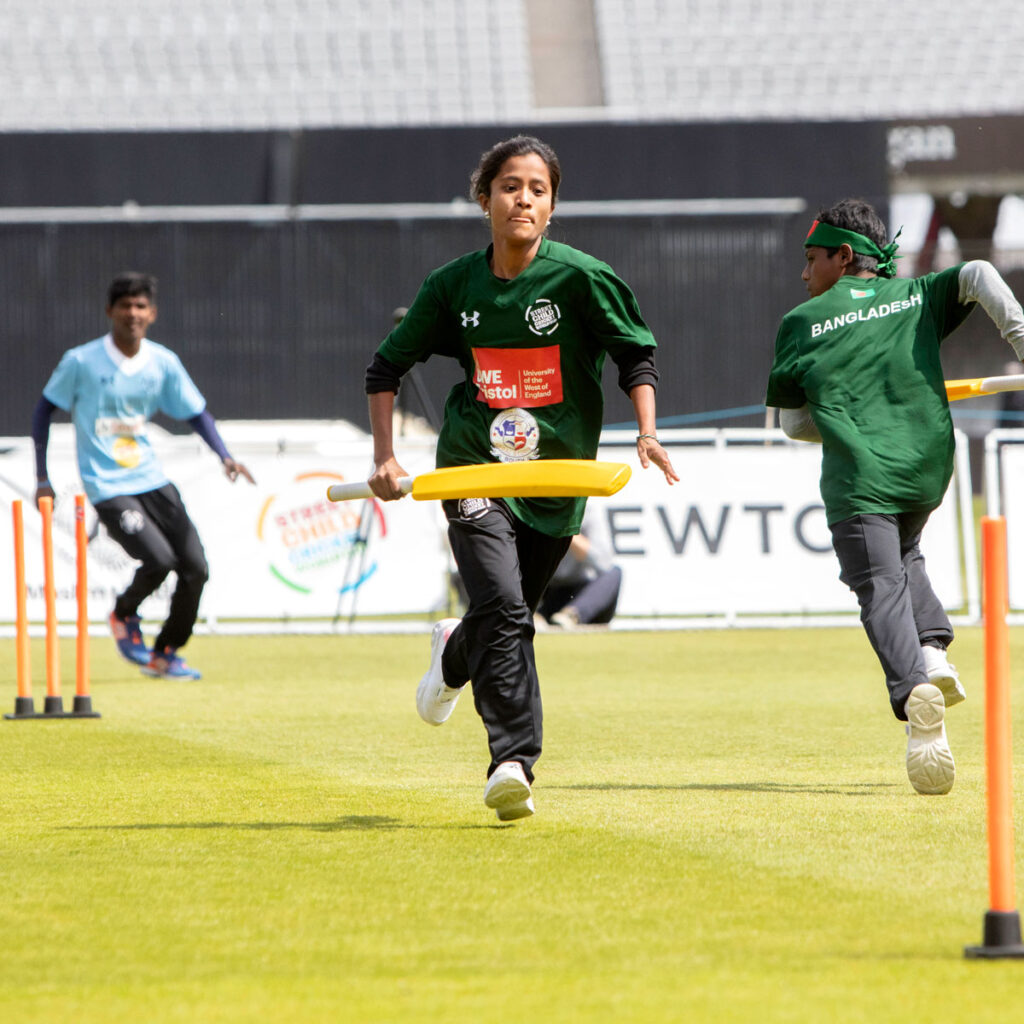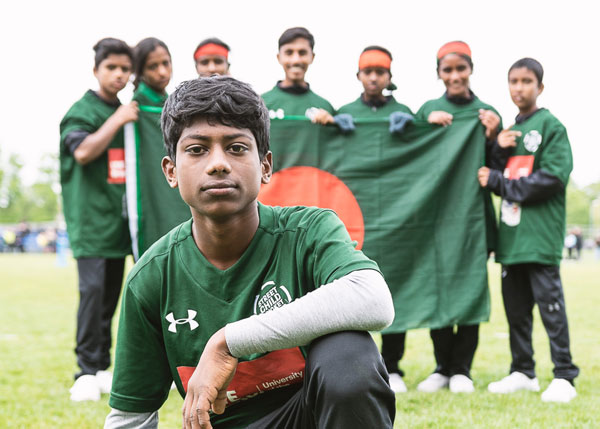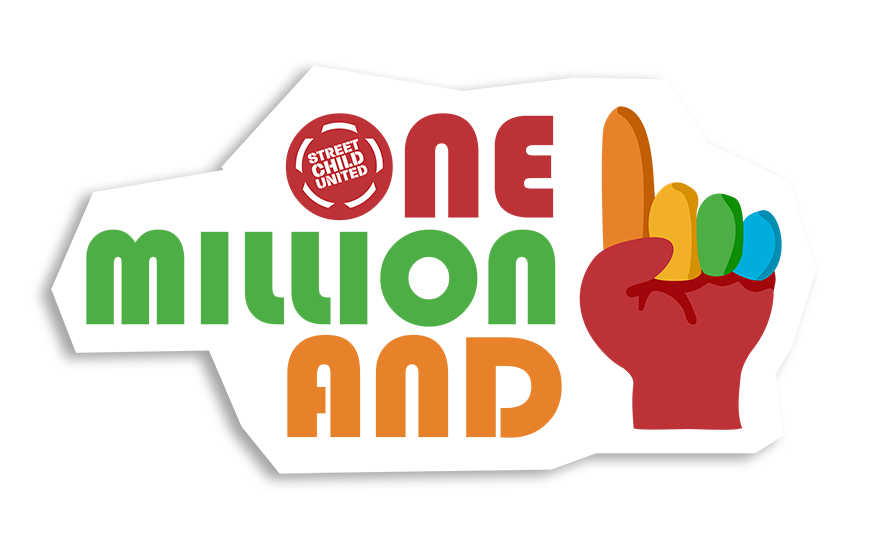
Uganda crowned SCCWC 2023 Champions!
In a closely fought competition, with some impressive cricket on display, Uganda were crowned the champions but every team got to win…
/sport
What a delivery from India
19 teams from countries across the four continents joined us in Chennai, India, for the second edition of the Street Child Cricket World Cup. The level of cricket was strong and the competition fierce but the spirit of the game remained throughout with friendship, camaraderie and respect emerging the true winners.
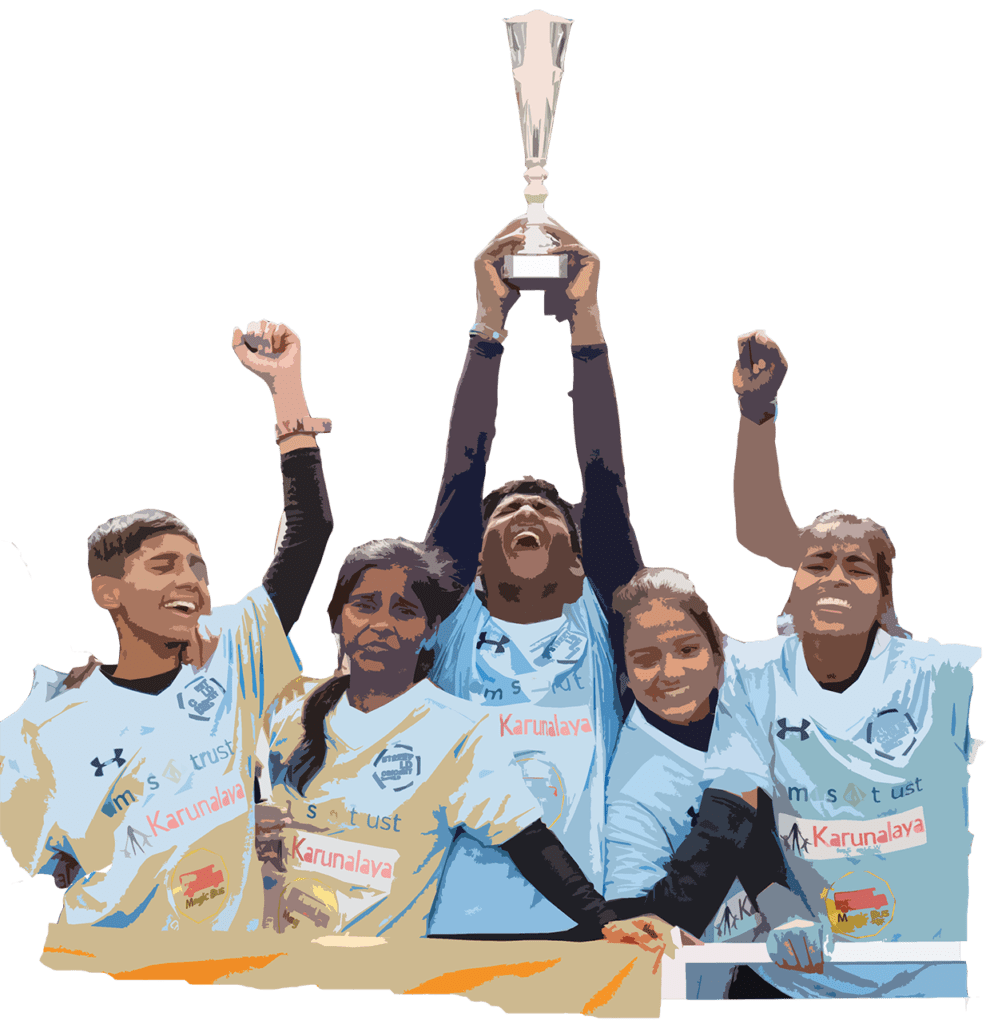
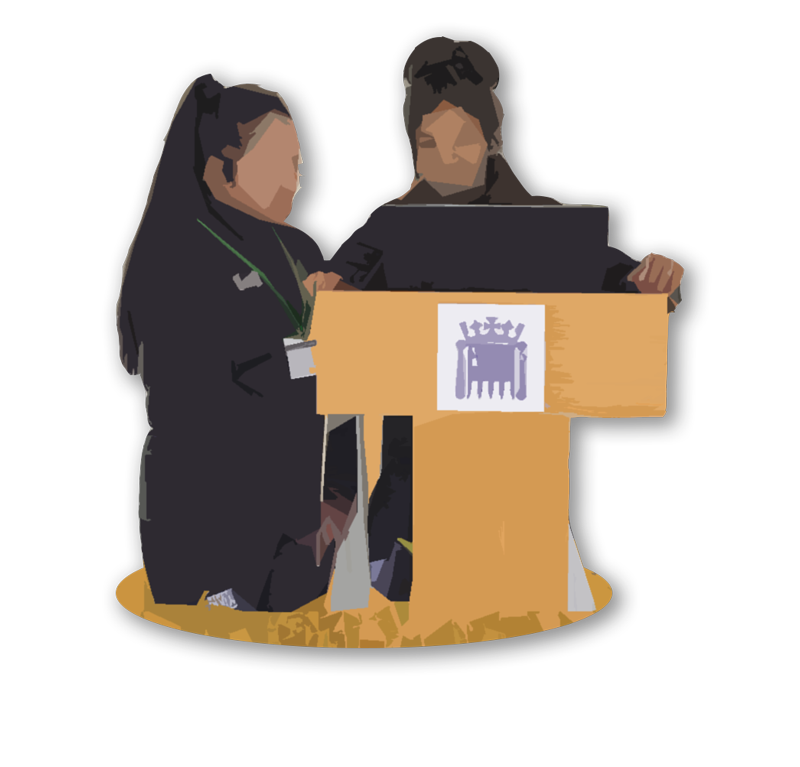
/advocacy
Voices of the Chennai Congress
The SCCWC 2023 concluded with a powerful General Assembly, where all the teams came together to advocate for their rights and drive change. Calling for a united commitment, they presented their messages through the Voices of the Chennai Congress.
/art
Making the ‘invisibles’ visible
From drumming to dance; painting to singing; art played a central role throughout the SCCWC 2023. Art has a unique ability to help participants express themselves, forge friendships and aid communication. It went without saying, the arts programme was a true explosion of energy, laughter and good times for all to enjoy!
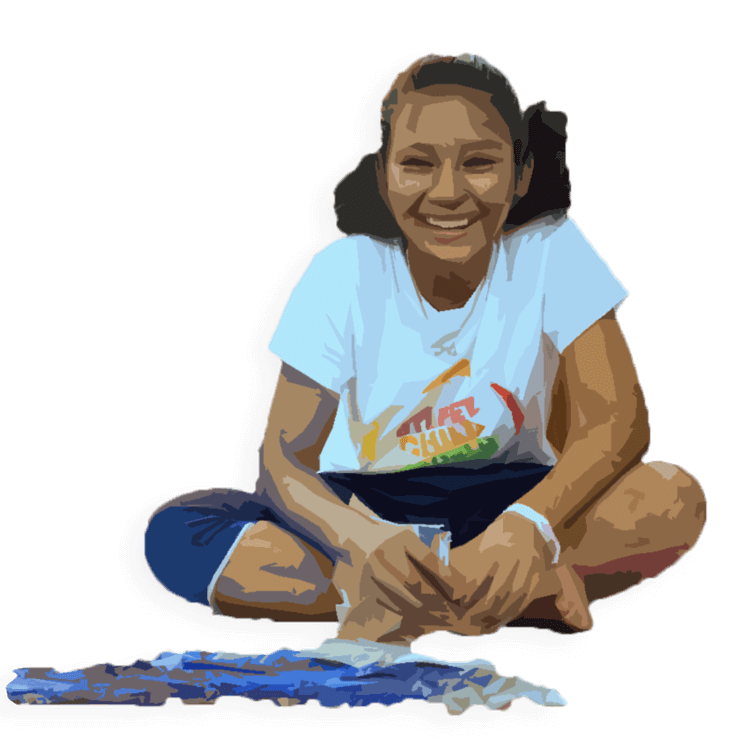
Hosting teams from India
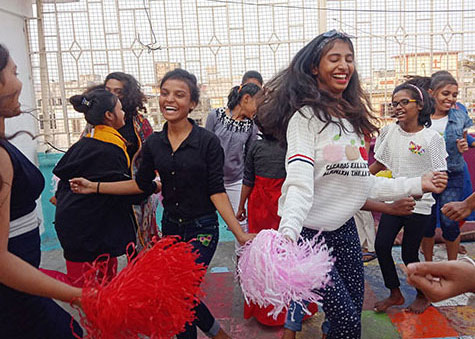
Hope Kolkata Foundation, India
The Foundation was established for the protection and development of children on the streets and in difficult circumstances. Its aim is to support the development of underprivileged sections of society through partnership and capacity building. Children who are living on the streets or in slums require particular attention and care to improve their standard of living. Hope Foundation works to free them from lives of pain, abuse, poverty and darkness.
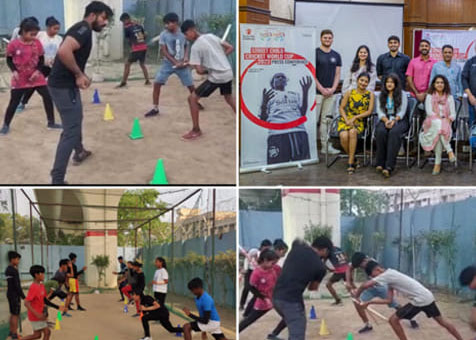
Salaam Baalak Trust, India
Salaam Baalak Trust (SBT) translates literally to a Trust which ‘salutes a child’. Saluting the indomitable spirit of street children without distinction of gender, religion, caste, colour or nationality, lies at the heart of its work.
SBT started out as a day care centre for street children, but now has two Children’s Homes for Girls, two Children’s Homes for Boys and three Open Shelters for boys to provide 24/7 care and protection services.

CHETNA (Childhood Enhancement Through Training and Action), India
CHETNA’s has a special focus on street-connected children, especially girls. Its mission is to provide childhood empowerment through training and action to try to break the vicious cycle of poverty and to secure the basic human rights of protection, education, healthcare, participation and opportunities for a livelihood. Its vision is to achieve a child-caring society that respects their rights.
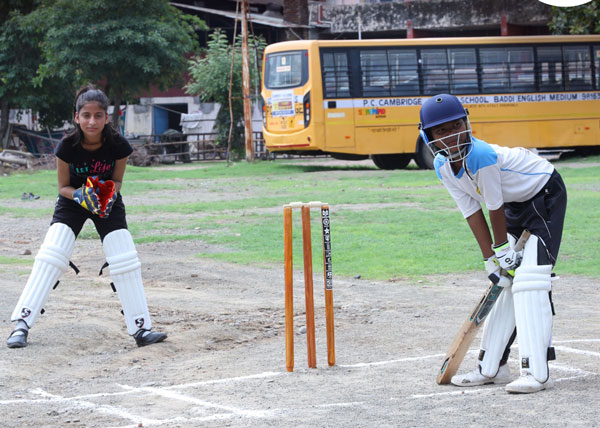
Magic Bus, India
Since it was founded in 1999 Magic Bus has transformed the lives of one million children and young people in the 12 to 18 age group. By enabling children to complete secondary education and delay their age of marriage, Magic Bus equips them with the skills and knowledge they need to grow and move out of the vicious cycle of poverty. This takes them from a childhood full of challenges to a life with meaningful livelihoods.
Magic Bus also works with the support systems of the children and young people – their parents, peers, community, and local institutions to ensure they act as a network of support and encouragement.
To date, there are now 5,500 young leaders, from the community who have been trained to mentor and deliver the sports activity-based sessions to children across 930 schools. Through 42 Livelihood centres across the country, 30,000 young people have been trained and 70% placed in jobs in the organised sector so far.
Magic Bus also works in Nepal, Bangladesh and Myanmar.
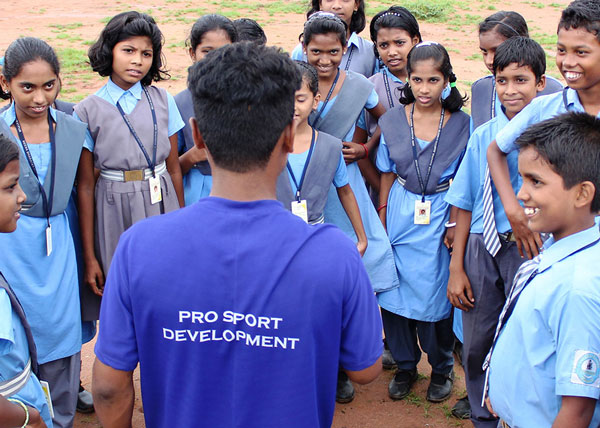
Pro Sport Development (PSD), India
Pro Sport Development (PSD) is a social enterprise set-up in 2013 to work towards the vision of developing sport and empowering youth at the grassroots in India. It soon realised its activities could have a much larger impact when, delivering programmes to tribal youth in remote rural locations, PSD saw first-hand the true power of sport to transform the lives of young people.

Bucket List, India
Bucket List is an organisation that supports underprivileged children and adolescents. Its vision is to see a world where they are equipped with the skills and abilities to reach their full potential. It started with the aspiration that each child (aka Bucketeer) should be given the ability to dream, hope and achieve.
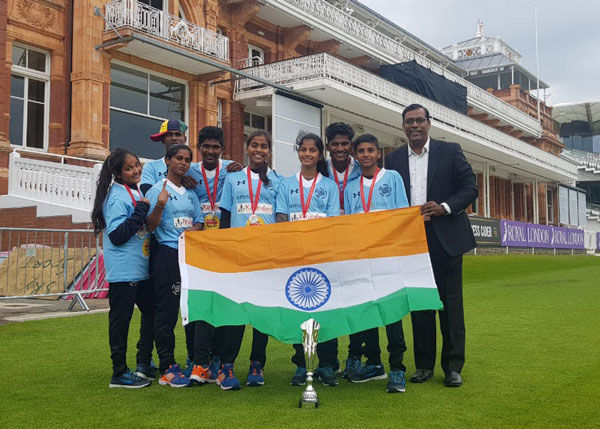
Karunalaya, India
Karunalaya is a voluntary organisation that has worked for the protection and rehabilitation of street and working children in Chennai since 1995. The main issues street-connected young people face in India are the right to a legal identity and birth registration, right to education and the right to protection from violence.
Karunalaya’s vision is to create a society which respects and values every child, provides equal opportunity and equal importance to the poorest section of the society without any discrimination.
International teams attending
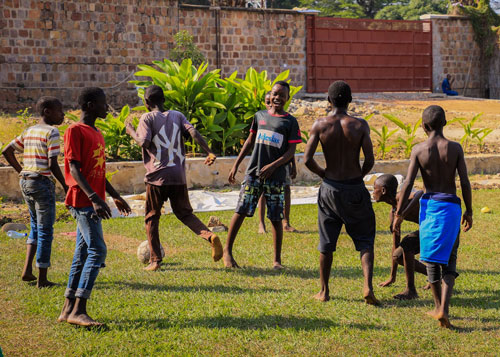
New Generation, Burundi
New Generation is a nonprofit organisation, focused on training and equipping young people to become the future leaders of Burundi. Founded in 1998 it has worked with over 10,000 young people, many of whom are now in positions of influence in the country. It believes that, if well taken care of, street-connected children can grow to become good future leaders capable of bringing positive changes in Burundi and beyond.
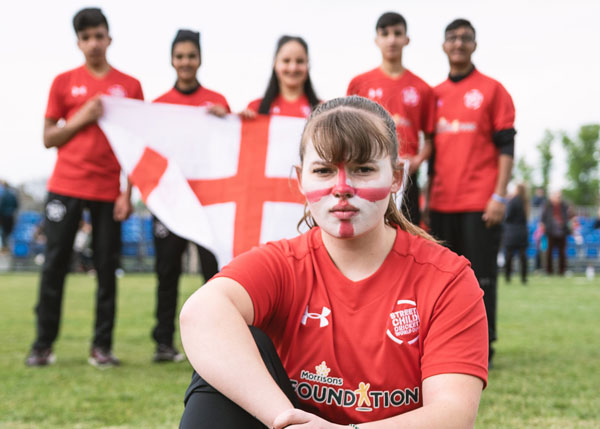
Surrey County Cricket, England
The Surrey Cricket Foundation (formerly the Surrey Cricket Board) is the charitable body charged with the delivery of recreational cricket in Surrey. It operates as an integral part of Surrey County Cricket Club.
The SCF supports communities, schools and clubs by providing funding, knowledge, coaching and competitions in Surrey and South London. Our goal is to get more people playing cricket, and in doing so we aim to improve health and well-being of the recreational game and identify young talent for Surrey CCC.

Oltalom, Hungary
Young people in Hungary face a number of challenges growing up with high rates of youth unemployment and limited access to higher education, which often result in drug and substance abuse.
Operating in the spirit of fair play, tolerance and social inclusion, Oltalom Sport Association has been using sport as an innovative educational tool for many years. It uses sport to involve participants in other areas such as social work, job training, further education and learning English. Oltalom believes that regular physical exercise and team play not only improves health and reduces tendencies leading toward drug abuse, it strengthens the sense of community and belonging.
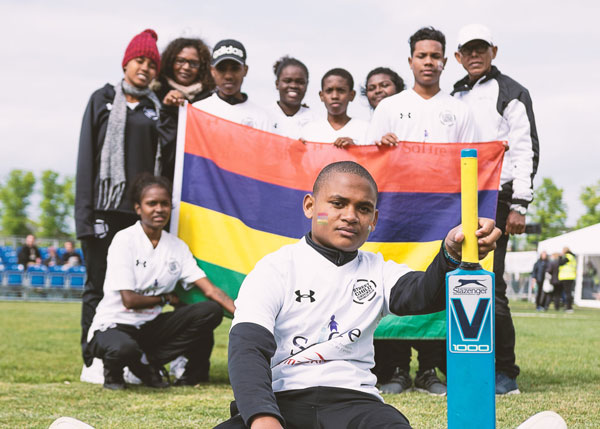
Safire, Mauritius
SAFIRE was founded in May 2006 with the objective of continuing the programme undertaken by the Ministry of Social Security jointly with UNICEF between 2001 and 2006. Namely, to provide assistance to children in street situations with a view to rehabilitate and integrate them into society within the framework of the Convention on the Rights of the Child.
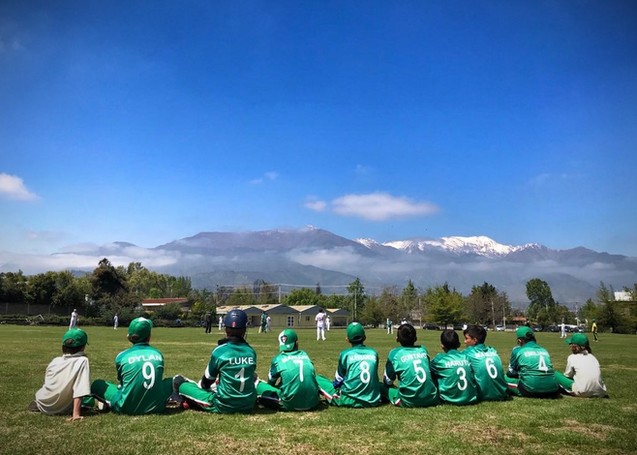
Cricket Mexico, Mexico
The Mexico Cricket Association is dedicated to growing the sport of cricket in Mexico. Its mission is to introduce, promote, and establish cricket in all Mexican States by 2030 and to make cricket the number one girls’ sport in the country by the same year.
It is guided by its core values of transparency, clarity of vision, and dedication to the task in hand. It embraces difference and disability. It is resolute in fostering a domestic competition that consists of teams of diverse culture and skill believing we are strongest when we reflect the society to which we belong.
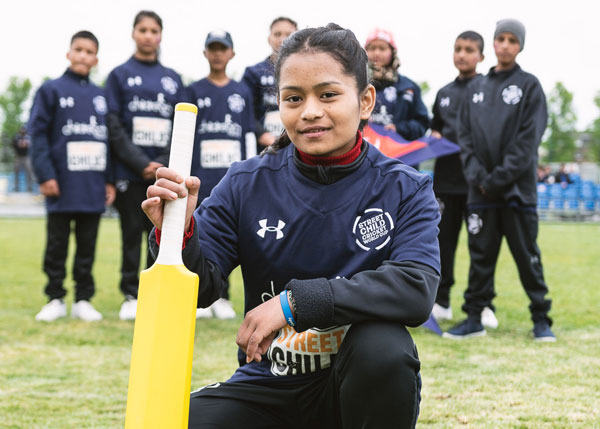
Shelter Ashraya, Nepal
Shelter Ashraya Nepal has had approximately 5,500 young people attend its programmes since it was established in 2014. Its vision is to rehabilitate, protect and empower street-connected children and youth at risk through the medium of Sports. It supports the UN’s SDGs and uses sport to bring the children together in a safe space.

Uyisenga ni Imanzi, Rwanda
Uyisenga ni Imanzi (UNM) was founded in 2002, with a mission to provide orphans from genocide and HIV/AIDS with social services, education and income-generating opportunities. In 2005, as it had grown and strengthened its operations, a Ministerial Decree was granted in recognition.

Sporting Chance Foundation, South Africa
The Foundation’s established networks of coaches and coordinators, who live locally, identify vulnerable children and get them engaged in the programmes. The young people are from under resourced communities, attending low quintile schools (if they are able to attend school at all). The activities provide a structured opportunity for sport to be played in a safe space, creating a much needed sense of belonging. The concept is embraced by the entire community as it keeps the children occupied whilst living in an environment which seldom encourages self improvement and empowerment.

Child Action Lanka, Sri Lanka
Child Action Lanka (CAL) was started in a city basement in the town of Kandy, in central Sri Lanka, in September 2006. Its Founder, Debbie Edirisinghe, wanted to create a safe haven for young people facing critical issues, supporting them on a daily basis and developing solutions for them. Many children around Sri Lanka start their life at a disadvantage simply because of who they are and where they come from.

Pamoja, Tanzania
Since 2005 Pamoja Project has helped more than 35,000 people live better, healthier lives in Tanzania. Projects have included providing safe drinking water, sanitation and hygiene, sponsorship for orphans, vocational training (tailoring and welding), microfinance, support for vulnerable families and a variety of building projects.

Youth Sport Uganda (YSU), Uganda
Established in 2006, Youth Sport Uganda (YSU) targets its work at young people aged 10 to 18 years who live mainly in the suburbs and streets around main towns in Uganda. It believes in the power of sport to foster change, and incorporates the innate sports values of tolerance and equality in its programmes. YSU believe that only through strong communities can a household develop and manage its natural resources, provide adequate education and vocational training, address people’s needs for healthcare and disease prevention and achieve economic well-being.

Grassroots Cricket, Zimbabwe
Grassroots Cricket is a not-for-profit organisation harnessing the power of cricket to help transform young lives in vulnerable communities of Zimbabwe. Its aim is to build a world where all children are equal and have access to the opportunities to fulfil their potential.
SCCWC 2019, London
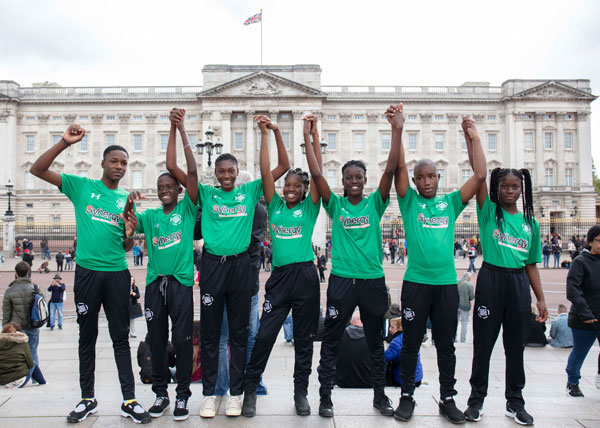
What happened in London, 2019?
The inaugural Street Child Cricket World Cup took place from 30 April – 7 May 2019, with the cricket played at Parker’s Piece in Cambridge and on the main ground at Lord’s.
Eight teams of street-connected young people from across the world took part in a mixed-gender cricket tournament, a festival of arts and a congress on street childrens rights.
/sport
Fans roared as the teams walked out
When Eoin Morgan and Kane Williamson led their teams down the pavilion steps for the ICC World Cup Final, they followed in the footsteps of Paulraj (Team India South) and Jasmin (Team England), who had done the same for the SCCWC 2019 Final one month before.
Before the Final, the honour of ringing the Five Minute Bell went to Shopna (Team Bangladesh) and Tarek (Team India North), who featured in films made by the World Bank telling the stories of them and their teammates getting birth certificates and passports to come to the SCCWC 2019.
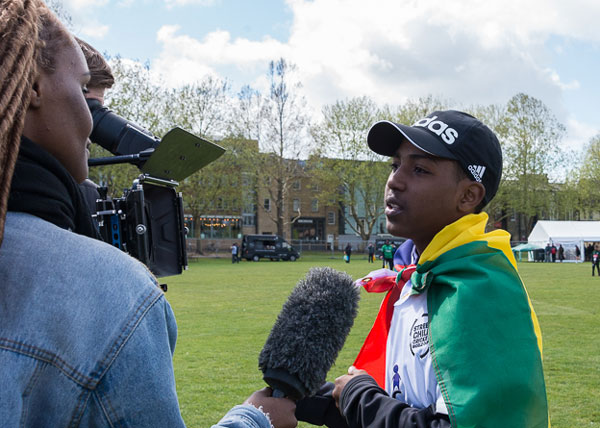
“We demand a level playing field for all young people and a platform for our voice. Will you listen?”
Abbas, Team England
/advocacy
Speaking in front of a global audience.
The General Assembly, where the young people presented messages on behalf of street-connected children from their countries, took place in the Thomas Lord Suite at Lord’s after the SCCWC 2019 Final.
Alongside the General Assembly, we held an exhibition of art made by the young people and professional artists throughout the SCCWC 2019.
The young people crafted their General Assembly messages through the SCCWC 2019 congress, delivered in partnership with StreetInvest, the Consortium for Street Children and Baker McKenzie.
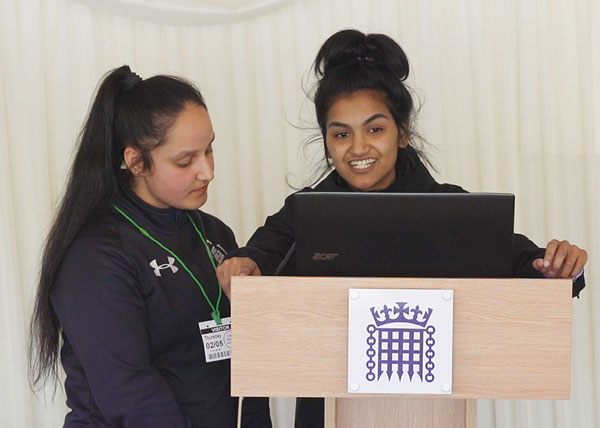
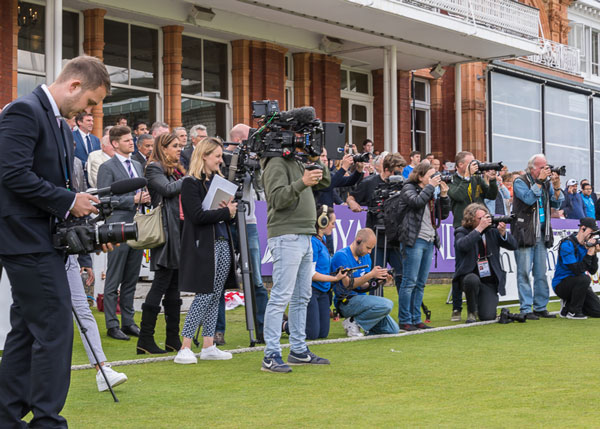
“We are determined to win – not just for ourselves, nor just for the street children of India, but for street children all over the world.”
Amrit, Captain of Team India
/art
Creative light
The SCCWC 2019 Festival of Arts saw young people taking part in activities including drumming, dancing, painting and singing, as well as professional artists and members of the public making work inspired by the event.
Schools around Cambridge welcomed the SCCWC 2019 Teams and their students created and performed with the young people from across the world. Coleridge Community College held a concert raising money for SCCWC 2019, where their students performed alongside Team India South and Team Bangladesh.
At Parker’s Piece members of the public were invited to create SCCWC 2019 art, including banners of support and friendship bracelets. The crowd was entertained by music and dance performances over the two days.
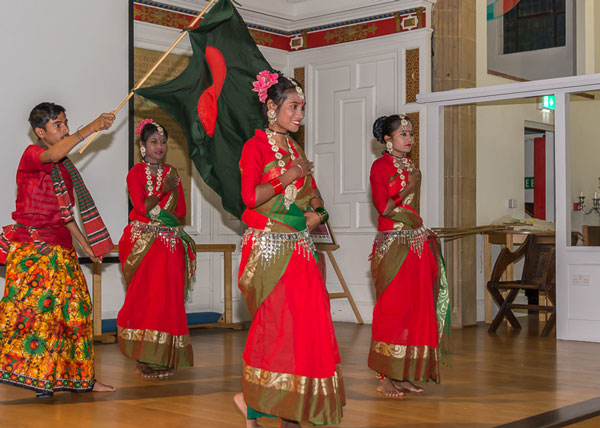

“I feel that I can do anything now.”
Marta, Team Brazil
Impact
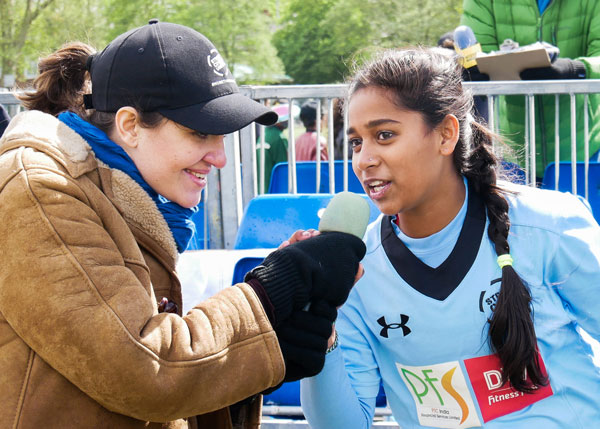
Thousands of people reached
The Street Child Cricket World Cup 2019 gave street-connected children a voice, raising awareness, challenging negative perceptions and calling for street children everywhere to be better protected, respected and supported. Find out what happened.
Young people empowered
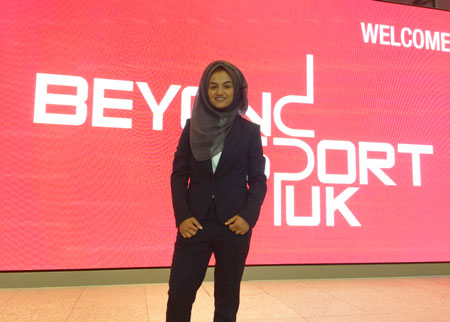
Team England Captain Jasmin was invited to speak at Beyond Sport, an international conference bringing together leaders from sport, business, government and development, to discuss how sport can address social issues and trigger positive change.
Stronger partner organisations
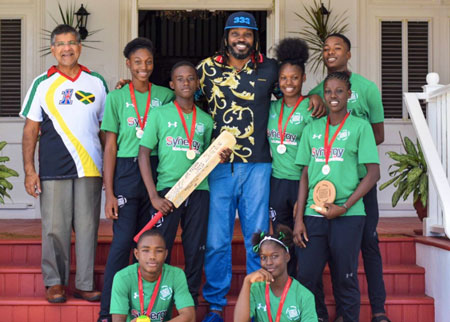
Team Tanzania have been working with the Tanzanian Cricket Association to engage more street-connected young people in their community through cricket and leadership sessions.
Team West Indies were invited to a reception at the British High Commission in Jamaica, attended by West Indies cricket legend Chris Gayle, to celebrate their achievements at the SCCWC 2019.
A global platform
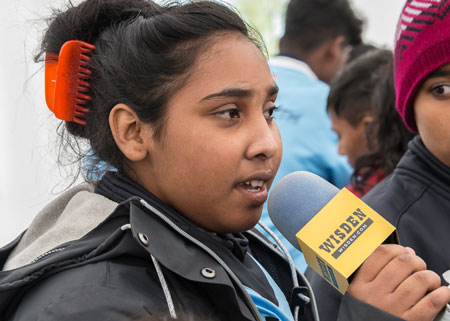
The SCCWC 2019 caught the imagination of people across the world, and was reported on by the global media, including BBC Africa, CNN, the Big Issue, Forbes India, Thomson Reuters and a Sky Cricket piece fronted by England ICC Women’s World Cup winner Isa Guha.
Media partnerships with Wisden, BBC Radio Cambridgeshire and the Malala Fund took the young people’s messages to a diverse global audience.
